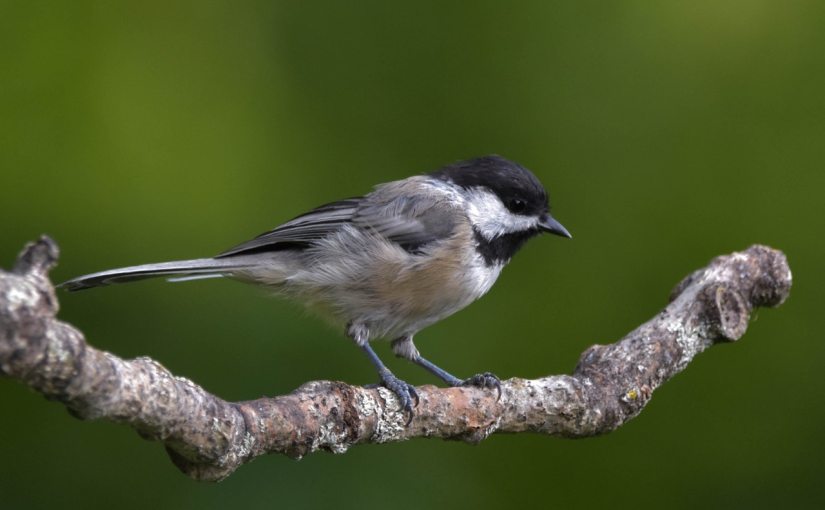Pollinators, insects and their magical relationships with one another, the plants, animals, and namely birds they touch are an ongoing delight in our family’s day to day lives. My kids are and I are always on the lookout for the next species of something that we haven’t seen yet in our own backyard.
We just spotted a new lizard (potential Texas spiny), aside from our regular green anoles the other day. The chickadee pair is back. A downy woodpecker has been stopping in at our feeder and digging into a dying crepe myrtle in the neighbor’s yard.
Still on the lookout for new bees (other than our common western honeybee), but we need more flowers. (And neighbors who don’t spray their yards.)
On that note, the kids and I are also doubly aware of the effect insecticides have on this biodiversity.
This article from National Geographic outlining the news concerning songbird consumption of seeds laced with neonicotinoid insectides and resultant appetite loss is deeply concerning.
If the European Union has banned neonicotinoid use, what is stopping our country from doing the same? Well there are certainly plenty of ways to answer that question.
But we as a society should be in an uproar that we are returning to a state where poison runs so deeply in our food and water systems that songbirds are withering from our suburbs, creating a disturbing silence that drove Rachel Carson to publish her book, “Silent Spring” in September of 1962.

Her works helped launch changes in our government with regulations that curbed poisons that were not only killing off widespread populations of birds within our communities, but were affecting the development of children both in the womb and on the street. She changed all of our lives for the better. Fast forward almost 60 years later.
Seeds laced with neonicotinoids? Surely there are other ways to solve the problem of famine. Fragmenting and ultimately destroying our food web only undermines any future we have of solving anything.
Banner photo of chickadee by Jack Bulmer from Pexels.

